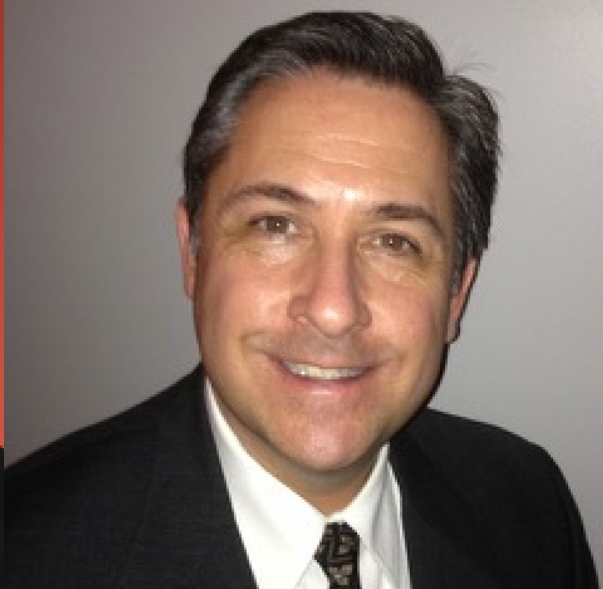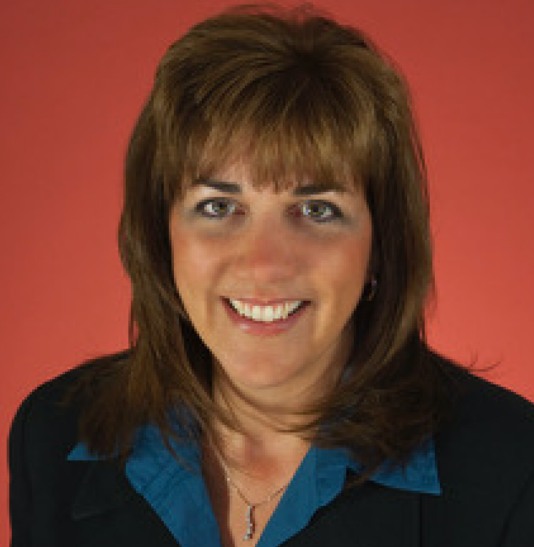All Texas Virtual Retreat and Conference
Cultivates Trust & Safety
CCEUs: 1.5 Core Competency
When does the coaching relationship begin? We suggest it starts when client and coach trust each other. When the client trusts you, they can sense your coaching presence, notice you listening attentively to who they are, and accept the invitation of your powerful questions. How does your trust for the client show up in this mutually respectful partnership? We believe it begins with holding the client as naturally creative, resourceful, and whole. You demonstrate this through the words you choose, questions you ask, silence you offer, empathy you express, and support you extend, the keys to cultivating a safe and trusting relationship.
In the updated core competencies, Creating Trust & Intimacy has been revised to Cultivating Trust and Safety. The new definition is more clearly focused on things we can do as coaches to foster a strong connection with our clients in order to build trust. Knowing what helps clients feel safe so they can develop trust is essential for coaches. Experiencing what helps you feel safe so you can develop trust with others will bring that knowledge alive.
In this webinar we will explore the importance of Cultivating Trust & Safety as a foundation of the coaching relationship and provide practical ways to do this. The importance of safety and trust-building in group experiences will also be explored as we apply this updated competency to the work of co-creating our virtual community of participants. Come prepared to share your experiences around trust and safety, specifically as a coach and more broadly as a person navigating a variety of life experiences. Through interactive exercises, we will gather the wisdom of the group to expand and enrich our understanding of this competency.
Since we are inviting participants to share professional and personal experiences as we explore the updated definition. As an interactive experience, it is designed to be relevant to coaches at all levels of learning.
About the Speakers
 Stephen Coxsey, MA, Professional Certified Coach, is a coach trainer, mentor, and assessor. He taught an introductory coaching course for an ACTP for over five years and served on a two-person team updating the course curriculum. He is currently developing a master class for that ACTP on integrating social and emotional intelligence skills with positive psychology. Steve has mentored dozens of coaches preparing for their oral exams through two ACTPs and is a PCC markers assessor for both. He is a lifelong learner and is especially interested in learning about discoveries in the fields of positive psychology and neuroscience.
Stephen Coxsey, MA, Professional Certified Coach, is a coach trainer, mentor, and assessor. He taught an introductory coaching course for an ACTP for over five years and served on a two-person team updating the course curriculum. He is currently developing a master class for that ACTP on integrating social and emotional intelligence skills with positive psychology. Steve has mentored dozens of coaches preparing for their oral exams through two ACTPs and is a PCC markers assessor for both. He is a lifelong learner and is especially interested in learning about discoveries in the fields of positive psychology and neuroscience.
Steve is an executive and leadership development coach with twelve years’ experience coaching small business owners and ten years’ experience coaching senior managers and emerging leaders in business and government organizations. His approach to coaching promotes improved performance, greater success, and more fulfillment and satisfaction through the integration of skills and applied research from the fields of human development, positive psychology, and neuroscience. Steve sees coaching as a process of thought partnership that supports the client in gaining clarity and identifying inner resources for motivation and resilience. In the near term this promotes performance and achievement. Over time it increases self-awareness and develops strengths and competencies for personal growth.
Steve’s background has uniquely prepared him to be an advocate of principled leadership and lifelong growth and development. His Psychology master’s program included consultative support to leadership, program evaluation, and motivational interventions. Working in school systems early in his career showed him how collaborative relationships among experts can benefit all parties. Experience as a psychotherapist taught him the complexity of human relationships and the challenges of change. Co-owning and managing a business helped him understand a leader’s challenges managing staff and working with clients and their concerns. His educational and career experience informs his understanding of the challenges his clients face.
Steve’s coaching and training business Thriving Edge promotes leadership development through applied positive psychology. He helps his clients thrive by developing and expressing their strengths, talents, values, and natural way of being to create success and fulfillment. He partners with leaders on creating a culture of thriving by encouraging those they lead to develop themselves to create success and fulfillment.

Meg Rentschler has been teaching and mentoring coaches since 2008 . As an instructor in two ICF certification programs, her teaching focuses on solution-focused and cognitive coaching, and motivational interviewing for coaches. Her course on the Four Square Coaching Framework is foundational to the Executive Coaching Program at the University of Texas at Dallas. Meg has mentored hundreds of coaches toward their coaching certification. Additionally, she frequently works with coaches to establish their coaching brand and build their businesses.
The STaR Coach Show is a weekly talk show in its third season created and hosted by Meg that explores Strategies, Tools and Resources (STaR) for professional coaching success.
As an Executive Coach, Meg specializes in Leadership Development. She works with her clients to identify their strengths as well as areas of potential growth to increase their leadership effectiveness, self-awareness and confidence while reducing the roadblocks that create challenges. Her strengths lie in helping her clients communicate in a way that creates clarity, breaks barriers and builds successful relationships. Building self-awareness through a better understanding of internal beliefs, values and expectations is key to client personal and leadership growth. She has extensive experience in understanding human potential and interaction. Meg’s clients are high-achieving, talented, driven and use the coaching partnership to achieve greater levels of success and life balance. She enjoys working with leaders at a variety of management levels with a variety of challenges and goals.
Meg’s approach with clients and students is straightforward, warm and sincere, finding a balance between challenging for growth and supporting needs while customizing the coaching/learning experience to fit each situation.
Meg began her career as a clinical social worker in community mental health, hospital organizations and then private practice helping couples, individuals and families overcome barriers and to increase their positive interactions and functioning. Meg was drawn to transition to executive coaching and leadership development over a decade ago. Her goal is to increase healthy functioning and positive interactions in the workplace. She was quickly drawn to teaching in addition to coaching, her rich perspective on human dynamics and leadership principles, understanding the elements of communication that create success or obstacles adds to her success as a coaching instructor as well as her work as an executive coach. Her expertise in assessment, belief and behavior change, and communication styles enables her to quickly identify strategies for improving performance and resolving conflict in the workplace or in the balance of work and life.
